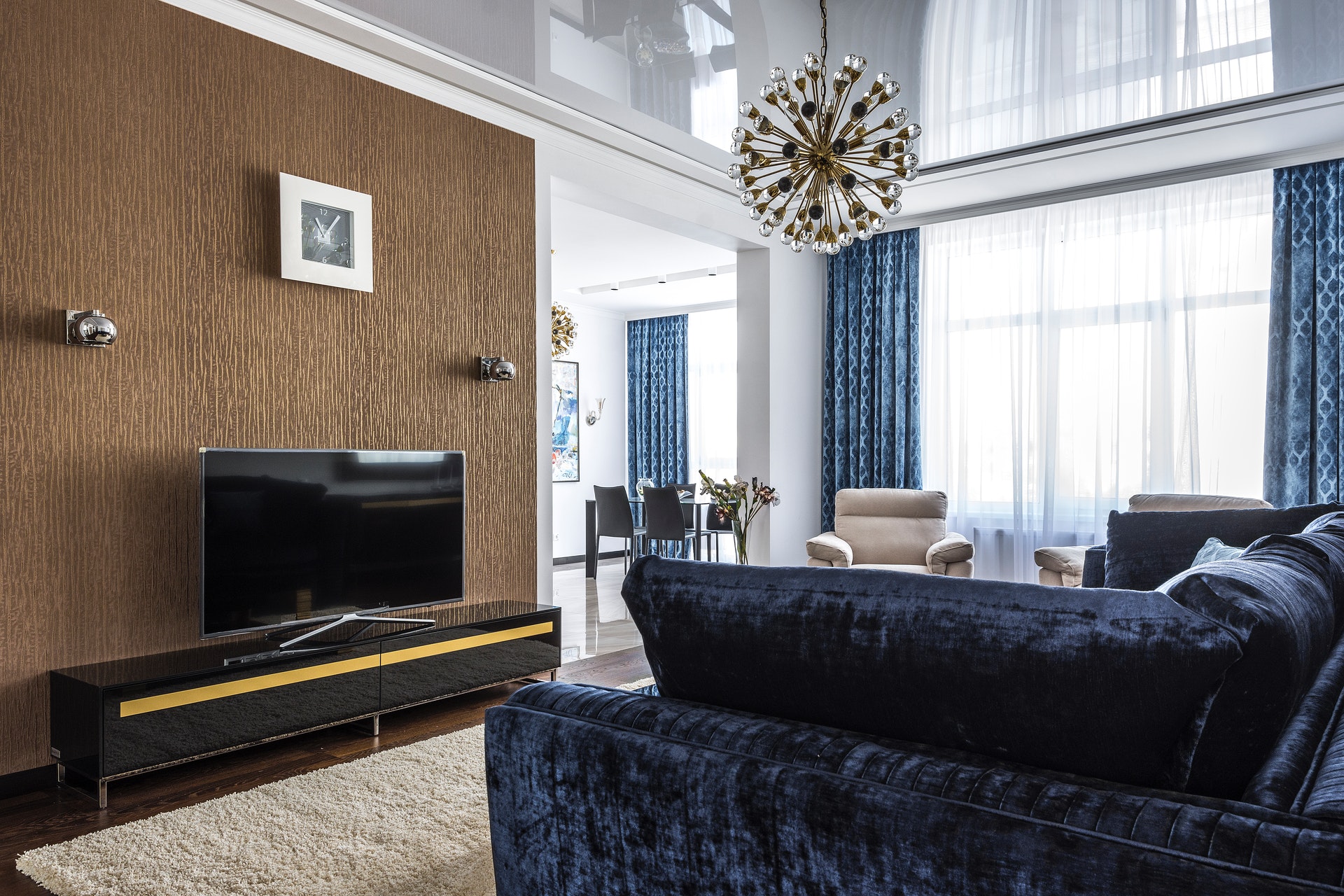Interior designer, Roman Plyus, is famed for his highly emotive pieces. They have earned him the distinction of being interviewed by Harper’s Bazaar. His emotive pieces are famed for evoking comfort. They have become incredibly popular during the global health crisis when people everywhere have suffered from so much stress and anxiety.
Comfort helps people break down barriers between them, uniting them in bonds animated by the stories his pieces tell. Without a single written word, Plyus’ pieces tell many stories. Their forms, and shapes speak words that soothe us.
It’s hard to overstate how moving his pieces are and the effect that his pieces have on people who see them. This is more so at a time when social distancing has estranged us from so many of our fellow human beings. Here’s this interior designer who manages to create furniture pieces that seem to give us what we need emotionally, without saying a word.
Plyus is not a functional interior designer, creating simply to fulfill some job-to-be-done. He sees furniture as more than its functions, as art. His muse is nature, his dreams and the visions he sees while meditating, perhaps on top of some Bradington Young recliner sofa.
His ideas come from a process uniquely his own. Inspiration strikes suddenly and an idea can arrive full grown or develop in under five minutes. When he has an idea, everything is clear to him.
A quality that’s noticeable about his work is how it seems to transcend form, geometry. And narrative.
However long it takes for him to arrive at an idea, the journey from idea to creation only ends when he has a prototype of his idea. It’s then that his idea, in the form of a prototype, joins his splendid collection of furniture pieces.
Looking through his pieces, it’s amazing how eclectic it is. There are pieces inspired by human emotion, for instance. There are pieces inspired by some vintage TV he discovered from the 1960s. There’s even a collection inspired by Ridley Scott movies such as Alien and Prometheus. The world and everything in it is his muse.
Plyus seemed to be reimagining the possibilities of furniture design through his use of emotions and unspoken dialogue. He is constantly updating his various collections to keep them fresh.
For instance, the Alien collection was first created last spring, but, thanks to new found inspiration, he updated the collection this year. Design is about research and evolution. It’s also a kind of therapy. There’s a blend of the scientific and the therapeutic in his work that is quite appealing.
Looking at pieces like his Dancing Chandelier, which was inspired by the world famous painting by Henri Matisse La Danse, or his Unity collection, a meditation on the impact of living under lockdown and social distancing, is an exercise in scientific investigation and therapy. It is refreshing and invigorating, as well as enlightening. It’s hard to overstate just what a profound impact his work has had on so many people.
This is a Contributor Post. Opinions expressed here are opinions of the Contributor. Influencive does not endorse or review brands mentioned; does not and cannot investigate relationships with brands, products, and people mentioned and is up to the Contributor to disclose. Contributors, amongst other accounts and articles may be professional fee-based.

